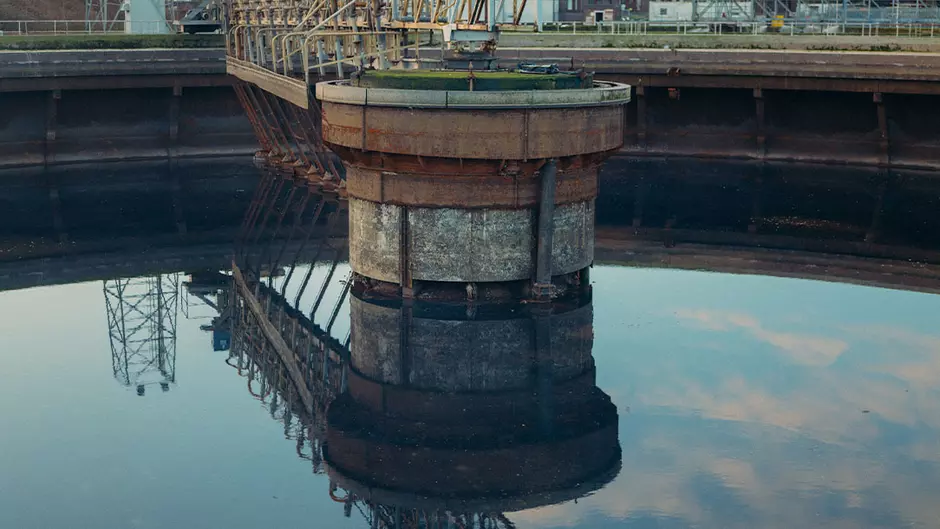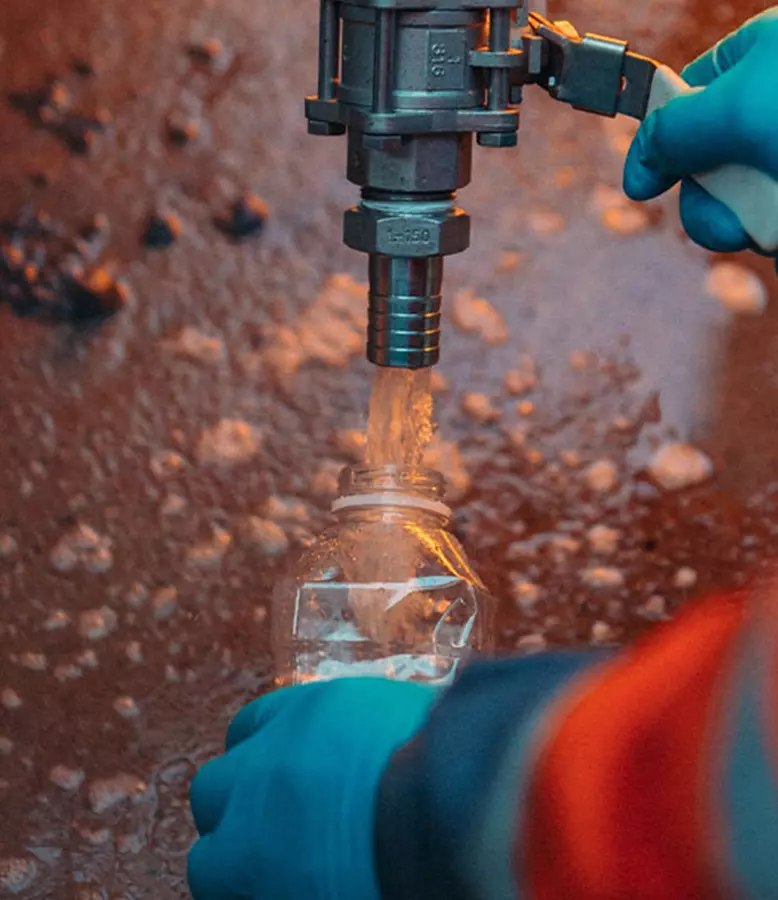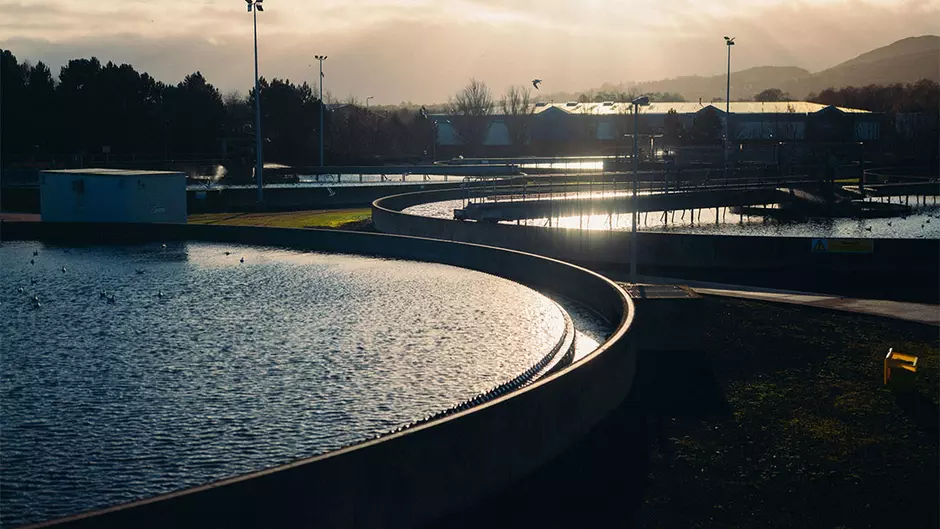Water is Critical to Refinery Operation
A core focus for refineries is maximizing productive uptime, and optimal refinery performance depends on the guaranteed availability of certain volumes and qualities of water. Securing access to the water required by refineries may be challenged by water availability and the cost of water. Other factors such as ongoing requirements to meet or exceed increasingly stringent discharge compliance may instead increase the viability of water reuse.
Water Availability
Availability of water may be limited by:
- Water scarcity. Droughts and other climate change factors will increasingly result in water shortages and increased competition for scarce resources in many regions within North America.
- Access to quality water. Existing water sources are becoming more polluted, and increasingly stringent permits are restricting feedwater volumes for industrial users. Limited availability from municipalities may also restrict water access.
Cost of Water
Competition for potable water supplies and increased onsite treatment costs may result in rising water costs for refineries.
- Municipal water. Rising water costs may result from higher municipal water treatment costs as well as increasing competition from growing populations.
- Onsite treatment. Refineries may also experience higher feed water costs from treating deteriorating qualities of intake water, aging infrastructure requiring increasing maintenance as well as other hidden costs not often considered, like water piping and transportation.
Discharge Compliance
Both the cost of compliance and permit limitations may enable the viability of water reuse within refineries.
- Cost of compliance. Increasingly stringent regulations may require the installation of expensive treatment alternatives to maintain compliance. The resulting high discharge water quality may make water reuse a viable alternative.
- Permit limitations. Implementing water reuse may allow refineries to expand their operations within existing water and discharge permits which may have restricted operations previously.

Client Case Studies
PBF Energy Toldeo Refinery
Veolia operates and maintains the refinery's on-site wastewater treatment facility. The treatment plant recovers 50% of the plant's wastewater for reuse in the refining process. [View the case study]
San Ardo Oil Field
Managing produced water in a truly sustainable way with the installation of OPUS®. [View the case study]
Related Solutions
Rethinking Wastewater as a Resource
Implementing water reuse benefits a refinery in many ways. First, it provides a refinery with more certainty and control around the quality and volumes of feedwater required for its operations. Reusing water also insulates the refinery from future escalations in feedwater and industrial surcharge costs, in addition to improving its resilience to climate change. Lastly, reducing a refinery’s dependence on municipal water may also enhance its reputation within its local community by increasing the security and availability of the local potable water supply.
The first step in considering water reuse within a refinery is to identify potential wastewater streams for reuse. Following this, treatment alternatives should be considered based on the required outlet water quality, where the water will be reused and the distances between the source and reuse locations.

Partnering with an Experienced Solutions Provider
Water reuse within a refinery often requires complex, multi-stage treatment processes, but working with an established global leader with proven experience and expertise in water treatment solutions can help refineries navigate these alternatives and select the most cost-effective treatment for their site. We offer robust water reuse solutions for refineries, spanning from an extensive technology portfolio and chemical services, to expertise in all aspects of project delivery (e.g., design, build and operate) utilizing a wide variety of business models (including DBOOM, O&M JV, and financing). We have proven expertise in managing refinery water treatment and discharge permit obligations and can provide performance guarantees to ensure that a refinery meets or exceeds its water goals. In addition, our large global expert resource network is available to support projects across the entire refinery water cycle.

Contact a representative to learn how Veolia can help apply our expertise to your refinery water reuse needs.


